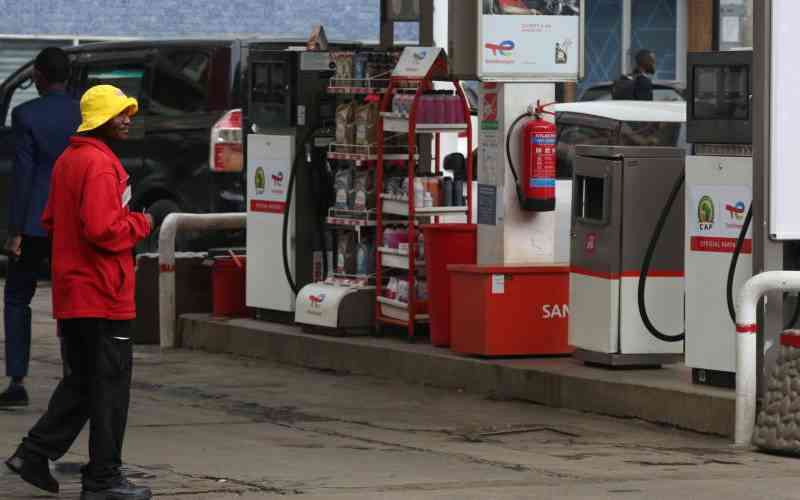×
The Standard e-Paper
Stay Informed, Even Offline

This time last year, Kenyans were grumbling about the high cost of fuel.
At Sh115 per litre of super petrol, the situation was so dire that the matter ended up being investigated by Parliament.